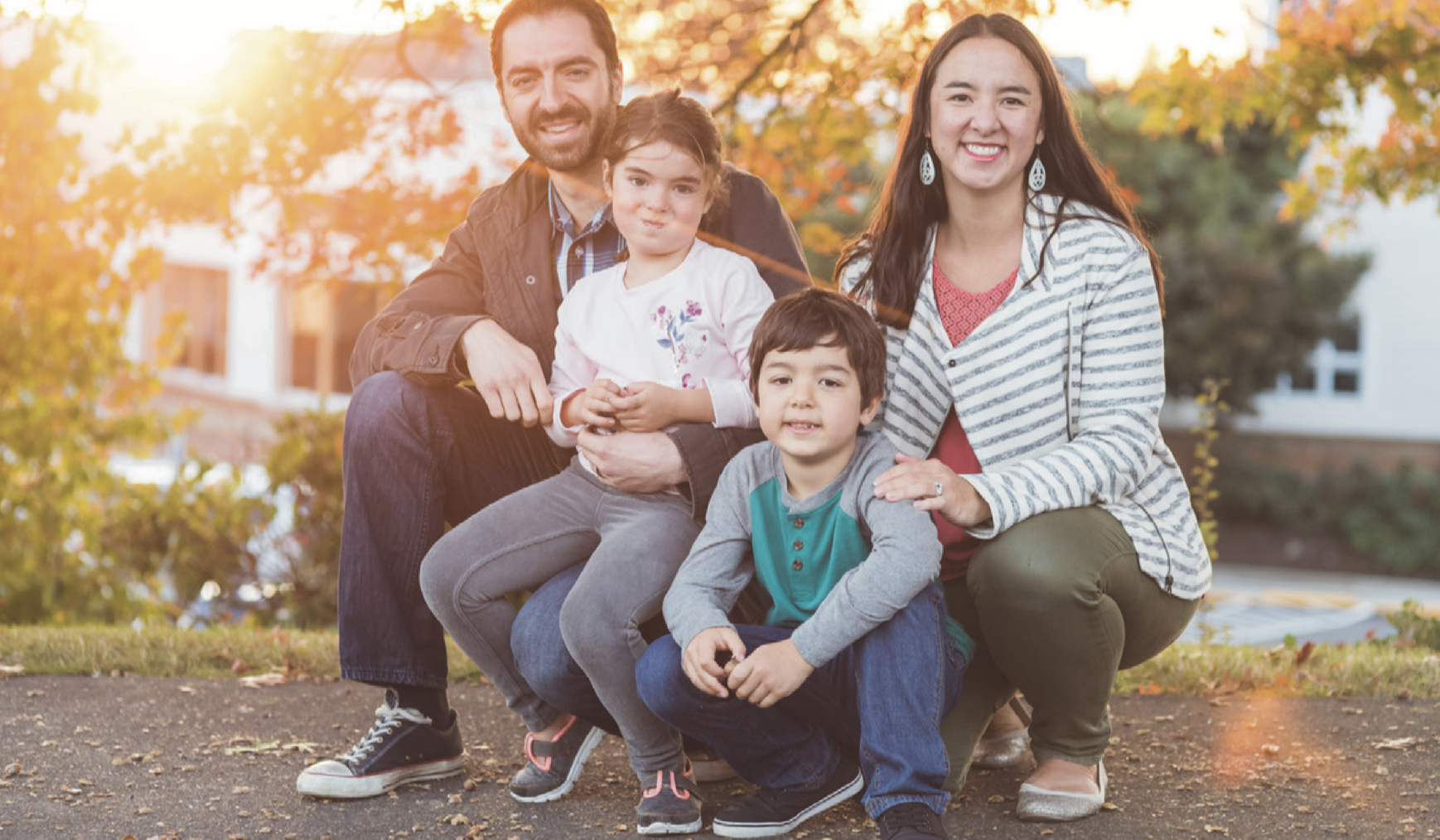When Suicide Hits Close to Home: A Guide for Parents to Speak to Their Kids When Tragedy Strikes Close to Home

When Suicide Hits Close to Home: A Guide for Parents to Speak to Their Kids When Tragedy Strikes Close to Home
When Suicide Hits Close to Home
A teen suicide happens in your community. It’s the tragic news you hope you never have to hear. The news spreads quickly throughout the school district, neighborhoods, churches, and online. The immediate reaction that most parents/caregivers experience is fear. Fear that their child knew the teen and may experience tremendous heartbreak. Fear that your child may have some underlying needs/issues that you haven’t seen. Fear that you aren’t sure if your child is really okay. Fear that your child may try to hurt themselves. There are a host of fears that may surface for parents when this tragic situation happens within their community. These fears and worries are an expected and normal response.
Even if you did not know the teen or his/her family well, the situation can still shake you to the core. This is so close to home! This teen rode the same school buses, attended the same classes, had the same teachers, sat in the cafeteria at the same time as your child(ren), mowed your neighbor’s grass, or sold you candy bars a few years ago for a school fundraiser. You or your child may have never even seen, met, or heard of the teen. The feelings are still very real.
Just because you didn’t know the teen or family well, there is no exclusive list of who gets to feel and grieve when a teen takes his/her own life. Simply learning about this tragedy can be traumatic and cause strong feelings of sadness and worry not only for you but your kids too.
Give yourself permission to feel and grieve. Reach out and connect with your kids and give them that same permission. If your kids are not ready to talk or discuss the situation immediately, that is okay. It’s okay to give them space and revisit with them at another time. Just make sure they know you are there for them. Invitations to engage are really important to show that you care and that you are there for them when they need you.
Important Facts Related to Teen Suicide
- 1 in 5 individuals has a mental health diagnosis during their lifetime
- Suicide is the 2nd leading cause of death for teens age 15-19
- These facts are really scary for all parents, especially parents of tweens (ages 10-12) and teens (ages 13-19)
- Parents may avoid talking about sadness or irritability they see because they don’t know what to say.
- Parents may just chalk up moodiness to unstable hormones that happen during teen years.
- This summer the national suicide hotline will be updated with an easier to remember and access number, 9-8-8.
What should parents do to support themselves and their kids/families?
Be Mindful
- Take time to practice self-care. Take a few breaths. Take a short walk. Call a friend or family member. Take a bath or read a good book.
- Show emotions when you feel them. Your kids learn so many expressions of emotion for you. It’s okay to be sad in front of them.
- Help your kids practice self-care. Give them activities to choose from and do them with your child.
Be Intentional
- Manage the message. Talk to your kids about what happened. No details are needed to do this. They will hear about it from others, and it may be shared in bits and pieces which can be very scary for kids.
- Reach out to your child about how they are feeling. It’s okay if they don’t want to talk or share. Keep inviting them to do so.
- If your child is really struggling with this news, reach out to get them some additional support. Parents often reach out to school counselors, teachers, pediatricians, other professionals. Your child may benefit from talking with someone outside of the family.
- Adults around your child are part of your tribe and will likely be happy to provide support.
Rely On Your Family’s Strengths
- Take some time to think about your own strengths. What gets you through tough times/tough days/tough news? How do you promote help within yourself? What makes you who you are?
- Talk with your kids about the strengths you see in them. Do this often and remind them about the great things you see in their character, their success, their attitudes. Taking time to do this will help you appreciate their uniqueness so much!
- Engage in a family activity and review your family’s strengths. Pick and choose the top strengths you see in each other as a family.
Parents, we are here for you! If you learn of a tragic event in your community and don’t know where to turn, call us.




